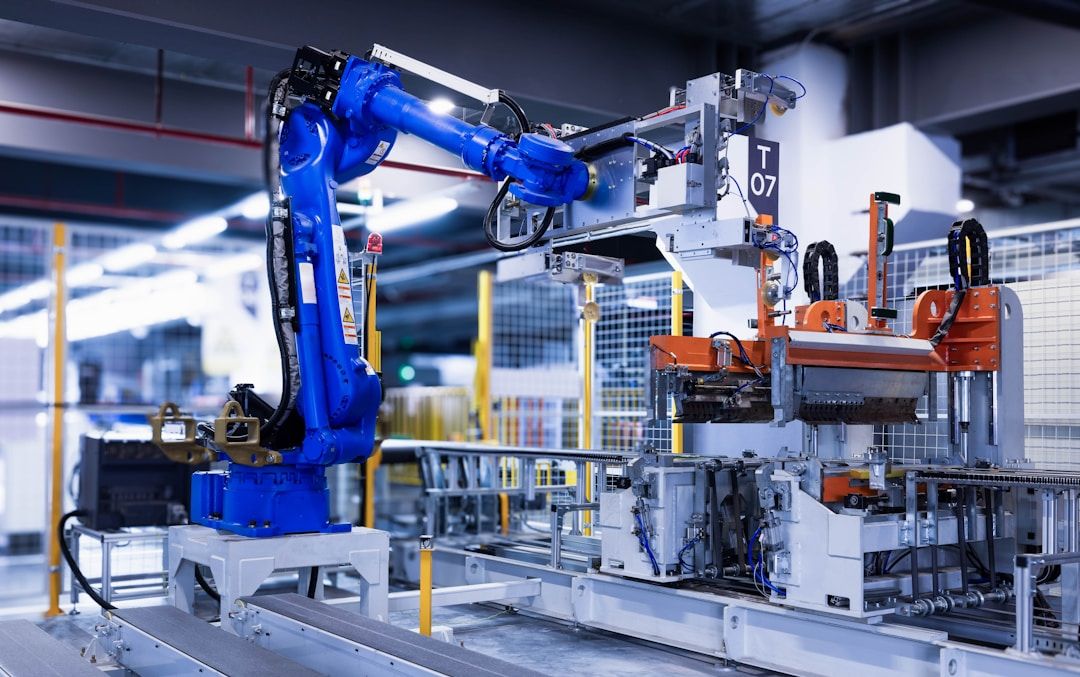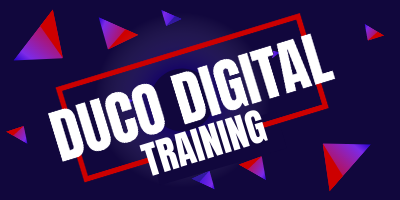What are Smart Products?
Sep 23
/
Matt Dowling

In today’s world, smart products are becoming integral to daily life and business. But what exactly are smart products?
Simply put, they are products embedded with sensors, software, and connectivity that enable them to collect and exchange data with users, manufacturers, and other connected devices. These products leverage technologies such as the Internet of Things (IoT), machine learning, and artificial intelligence to offer enhanced functionalities and more personalised experiences.
Simply put, they are products embedded with sensors, software, and connectivity that enable them to collect and exchange data with users, manufacturers, and other connected devices. These products leverage technologies such as the Internet of Things (IoT), machine learning, and artificial intelligence to offer enhanced functionalities and more personalised experiences.
Examples of smart products range from everyday items to complex industrial machines:
- Smart Homes: Devices like Amazon Echo, smart thermostats, and lighting systems that can be controlled remotely via apps or voice assistants.
- Wearable Technology: Smartwatches and fitness trackers monitor health metrics and provide real-time insights.
- Autonomous Vehicles: Cars that use AI to navigate roads, avoid obstacles, and enhance driver safety.
- Industrial Robots: Used in manufacturing, these robots automate repetitive tasks, improving efficiency and precision.
Why Should You Learn About Smart Products?
Whether you’re in IT, business, healthcare, or any other field, learning about smart products is essential as they increasingly impact various industries. For example, industries such as manufacturing and logistics are heavily integrating smart automation and robotics to improve operations and efficiency. Understanding smart products gives professionals an edge by enabling them to innovate, manage, and leverage these technologies effectively in their roles.
Enhanced Problem-Solving Skills: Smart products often automate tasks and collect data, helping you make better, data-driven decisions and enhance problem-solving.
Innovation and Competitive Edge: Businesses that incorporate smart products and automation can innovate faster, streamline operations, and gain a competitive advantage.
Cross-Industry Application: From healthcare to retail, smart products are transforming industries. Professionals who understand this technology can apply their knowledge in numerous sectors.
Here’s why learning about smart products, automation, and robotics is essential:
Future-Proofing Your Career: As automation becomes widespread, the demand for skills to manage and enhance smart technologies is rising. Whether you're a project manager or an IT professional, understanding these systems makes you more valuable in the workplace.
Enhanced Problem-Solving Skills: Smart products often automate tasks and collect data, helping you make better, data-driven decisions and enhance problem-solving.
Innovation and Competitive Edge: Businesses that incorporate smart products and automation can innovate faster, streamline operations, and gain a competitive advantage.
Cross-Industry Application: From healthcare to retail, smart products are transforming industries. Professionals who understand this technology can apply their knowledge in numerous sectors.
Linking Smart Products, Automation, and Robotics
Smart products, automation, and robotics often work hand-in-hand. Robotics and automation are at the heart of smart products, driving their ability to perform tasks with minimal human intervention. For instance, Robotic Process Automation (RPA) allows businesses to streamline processes by automating repetitive tasks. Smart robots can perform tasks, learn from their environment, and adapt to new conditions, making them highly beneficial in manufacturing and healthcare sectors.
Automation, combined with smart products, creates efficiencies by reducing human error, speeding up processes, and enhancing the accuracy of operations. Furthermore, these advancements allow for the continuous development of products, adapting to user preferences and creating personalised experiences.
Next Steps
Interested in staying ahead of the curve? Learn how smart products, robotics, and automation are reshaping industries. Our BCS Foundation Award in Smart Products, Robotics and Automation course provides a deep dive into these technologies, equipping you with the knowledge and skills to excel in a future-driven by innovation.
Don’t miss the opportunity to future-proof your career! Sign up for our course today and start your journey toward mastering smart technologies.

Empowering professionals globally with technical skills,
ethics and knowledge to build careers today and for the future.
Pay Today or Spread the Cost

Career Pathways
Company
Partnerships
© 2026 Duco Digital LTD.
Registered in England 11214938.
VAT number 371532213.
